Good Cook
Authors: Simon Hopkinson
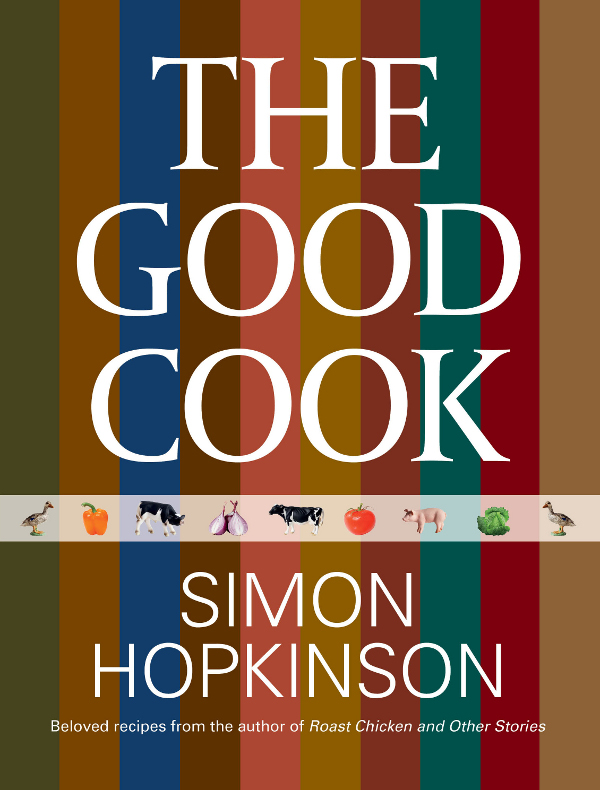
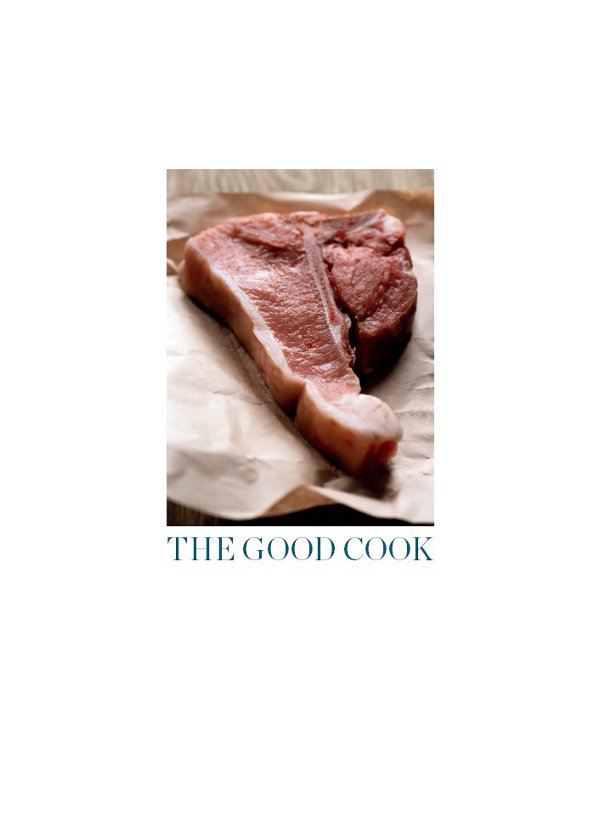
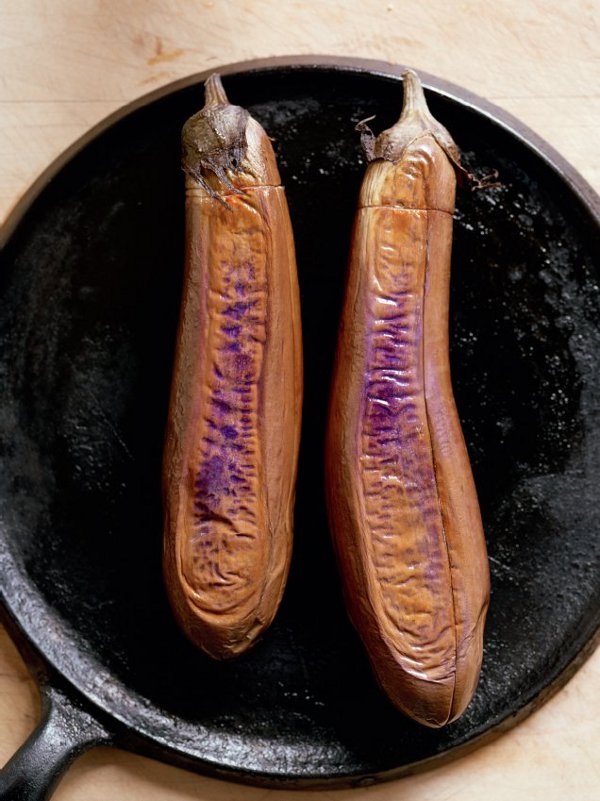
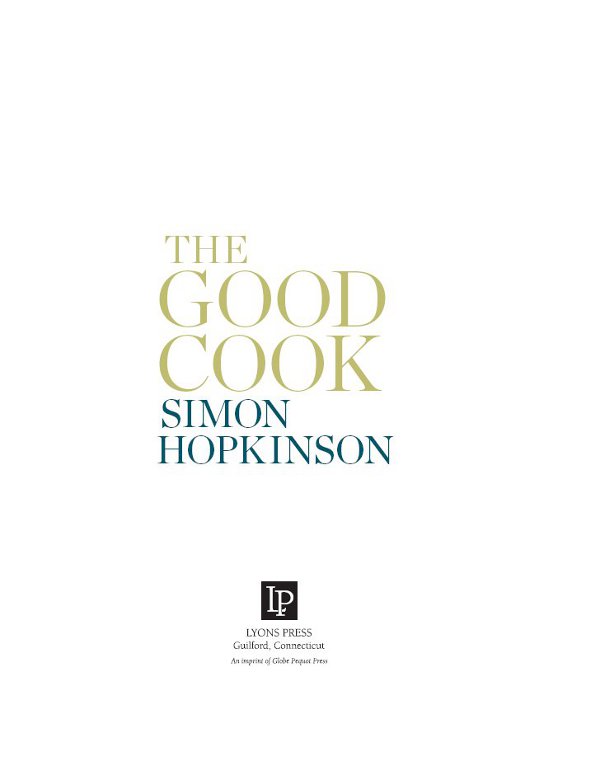
Text © 2011 by Simon Hopkinson
Photography © 2011 by Jason Lowe
Design by Will Webb © 2011 Woodlands Books
First Lyons Press hardcover edition, 2013
Published by arrangement with The Random House Group Limited Reg. No. 954009.
Simon Hopkinson has asserted his right to be identified as the author of this Work in accordance with the Copyright, Designs and Patents Act 1988.
ALL RIGHTS RESERVED. No part of this book may be reproduced or transmitted in any form by any means, electronic or mechanical, including photocopying and recording, or by any information storage and retrieval system, except as may be expressly permitted in writing from the publisher. Requests for permission should be addressed to Globe Pequot Press, Attn: Rights and Permissions Department, PO Box 480, Guilford, CT 06437.
Lyons Press is an imprint of Globe Pequot Press.
Library of Congress Cataloging-in-Publication Data
Hopkinson, Simon (Simon G.)
The good cook / Simon Hopkinson. — First Lyons Press hardcover edition.
pages cm
“Published by arrangement with The Random House Group Limited, reg. no. 954009”—Title page verso.
Includes index.
ISBN 978-1-4930-0199-6 (epub)
1. Cooking. 2. Cooking—Philosophy. I. Good cook (Television program) II. Title.
TX714.H6578 2013
641.5—dc23
2013029118
for Anthony Goff
Cool cucumber, hot horseradish, bitter endive
A mix of mushrooms, pasta, garlic & parsley
Four small birds, a big duck, a small bit of rabbit
Prawns & shrimps on toast, a prawn salad & a creamed lobster
Two salmon, a soaked mackerel & a butter sauce for fish
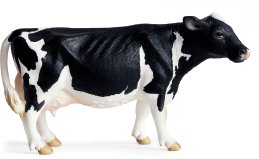
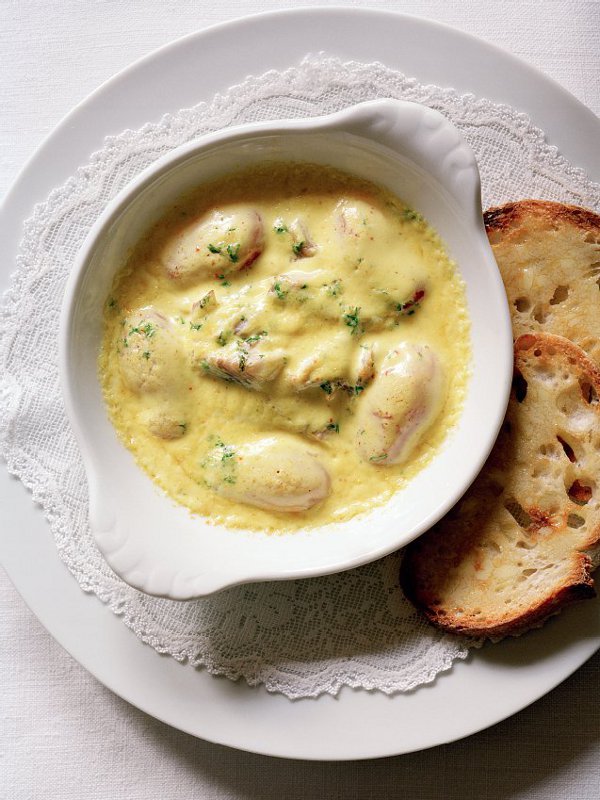
For me, cooking is a pleasure that is also a part of daily life. It is an ongoing process; a regular pursuit, if you like, whether it is associated with work, as it is for me, or as a continuing process for a couple or family where food just happens as habit and necessity. In time, a build-up of all kinds of cooking components will evolve as you proceed, but frankly, to make it a real pleasure, what is essential, above some care and consideration, is a “wish” rather than a “need” to cook.
Some cooks regularly pronounce that you can’t really go wrong as long as you have fabulous ingredients. Well, I’m not so sure … I will shop anywhere, always have. I may well splash out on fab stuff from time to time, also making occasional trips to a farmer’s market, but I become equally excited by a vacuum-packed bargain breast of lamb from the supermarket because I know I can make it taste very good (see Lovely Lamb). I guess it is simply a need to do things well; get things right. The cooking itself is all, for me.
Stocks can—and will—appear on a regular basis from poultry carcass and meat bone, with various seasonal soups naturally following on from this happy chore. Leftover meat stews may be turned into pasta sauces, ravioli fillings (for when you get serious) and, of course, something such as a lovely cottage pie. Maybe roast a larger Sunday chicken than you need, then cook a creamed pie filling with what’s left, plus mushrooms and bits of ham, say. It doesn’t necessarily need to be for Monday; wrapped-up, cold roast chicken will keep in the fridge for four to five days, so make it when you are happy to, for if you really love to cook then time will always be found. Is the true opera lover ever too busy not to go to the opera?
It may not necessarily be a composed meal in the traditional sense that I prepare these days, and I don’t always consider that a dish needs anything to accompany it as a matter of course. Take, for example, the photograph of the dainty dish of kipper baked with tomato and cream (see
page 8
). I had frozen a kipper (can’t remember why) and, as a result of that, realized it was probably not going to taste quite as good if simply cooked in its own right for breakfast. As I peered into the fridge, there was half a pot of cream and also the remnants of a carton of cherry tomatoes.
So, boiling water was briefly poured over the kipper, its flesh eased from whiskery bones and popped into a couple of buttered, shallow dishes. A large pinch of curry powder went into the cream plus a healthy spoonful of mustard powder, then all was whisked together. Finally, this mixture was poured over the fish and halved tomatoes, baked in the oven until the cream blistered, and eaten with a spoon. The first attempt was a little too liquid, but I have now refined it (the final recipe is on
page 113
). However, I cannot think of a nicer supper or luxurious weekend breakfast than this delightfully complete little number. More often than not, it can be just a few bits and pieces that surprise and please most when the thinking is sound.
Favorite stalwart ingredients such as the familiar large jar of oily, salted anchovies will always nudge me in summer. Here, I will embrace the sunny south of France in a mélange of ripe and red tomatoes, the fruitiest olive oil and all the other fragrant components that complete a perfect salade niçoise. A lump of Parmesan (always, but always in my fridge) is forever in attendance for the moment when possibly the most perfectly plain of risotto is exactly what one needs to eat; just cheese, butter, rice, stock … and much excited stirring. But when I am feeling cozy and slow, another, more familial cheese will beckon, nothing more than that of a deeply savory Lancashire cheese and onion pie of the sort my mother used to make; all warm and wet with melted curds and slippery allium, there is little else imaginable that I would rather cook at that moment.
When all is said and done, I just cook. It really is what I do. Day in, day out, I cook for me at home. Occasionally, I will share the results with one or two close chums, but only ever for lunch. One of the things I also really enjoy, however, is cooking for—and with—friends in their home, in
their
kitchen, when staying over for a
weekend, say. It is lucky for me, in general, that these like-minded chums have the most serviceable of kitchens, but I can cook anywhere if quietly pushed. Possibly the finest ratatouille I ever assembled was prepared over a Calor gas camping flame in the mountains above Nice, in the south of France.
You may or may not know, but the cookbook that you have in your hands was inspired by a performance, by a cook on television: me. I am astonished to have written that sentence at all, as the very idea of TV was always anathema to me. Even worse was the prospect of looking into what I had always referred to as “that terrible black hole” (the camera lens) while also cooking and speaking at one and the same time.
“Are you quite mad?” I would exclaim to folk who had suggested on various occasions that I might, possibly, be better than I thought at doing a turn on TV. “No, really,” they would ridiculously insist, “we think you could be quite good. You have something to say.” Well, eventually, this timid cook did decide to say something. And it was difficult learning to say anything, let alone cook at the same time. I mean, it isn’t exactly a natural pastime for one who usually just gets on with his daily dalliance—albeit a serious one—pleasing himself with some well-chosen culinary pleasures while listening to Radio 4. I can only hope that both the visual result and this book may, possibly, quietly urge on a similar need to perform just a few new dalliances of your own, in
your
kitchen.
And, you know what? I had a ball staring into that terrible black hole.